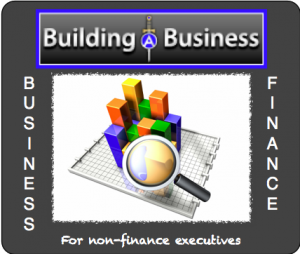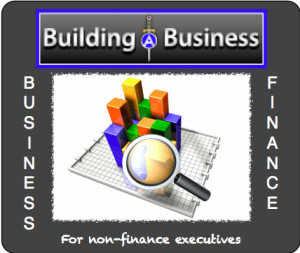
Business Finance | The Big River | Chapter 3 – What if our loan collateral doesn’t cut it?

Tom Sampson, the controller for Ace Business Stuff, was in his office considering how to explain to John Wilson, the Company’s CEO, the issues related to the Company’s borrowing capacity and the weaknesses in the Company’s Balance Sheet.
Tom pulled together several schedules for his meeting with his CEO that afternoon, but was still struggling with how to get across some of the subtleties that he knew John would want to understand.
Tom knew that his CEO was absolutely committed to the Company’s success, although he became very frustrated when his convictions about future performance collided with the bank’s concerns about current performance.
What factors will the bank consider?
Tom knew that the bank considered many factors when judging an asset-based loan.
Having enough collateral to support the Company’s borrowing request was only part of it.
How do they measure the strength of the collateral?
One key ingredient is the quality of the collateral. (more…)




 “Financial Adrenaline” is a term we love around here because it reflects our commitment to help you turbocharge your business with practical tips and techniques to improve free cash flow, the lifeblood of business. As a further extension of our Financial Adrenaline program, we’re going to share a new
“Financial Adrenaline” is a term we love around here because it reflects our commitment to help you turbocharge your business with practical tips and techniques to improve free cash flow, the lifeblood of business. As a further extension of our Financial Adrenaline program, we’re going to share a new  I want to plant another seed this week about an often misunderstood concept:
I want to plant another seed this week about an often misunderstood concept: 
